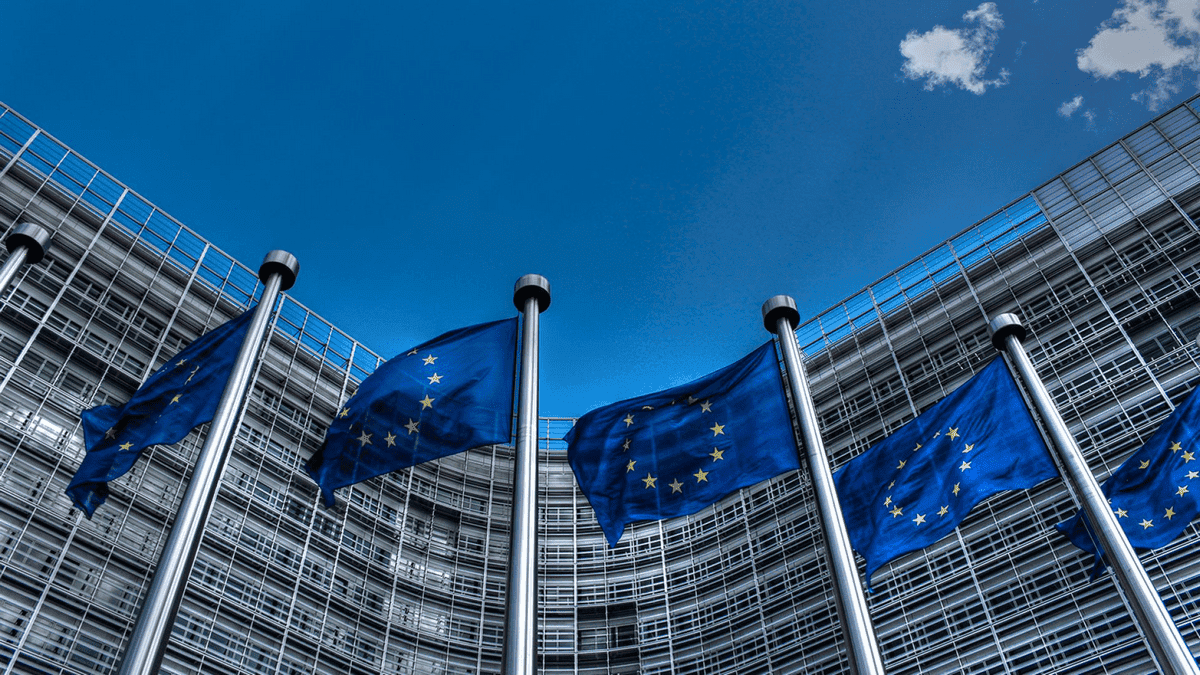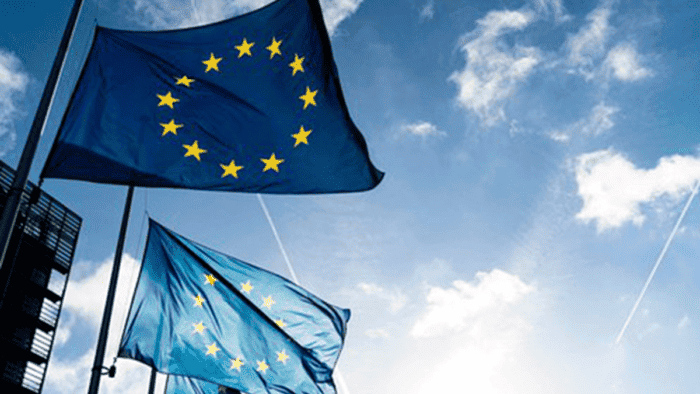The European Union (EU) has reached a provisional agreement on the creation of a digital identity framework. It includes the establishment of a European digital identity (eID) wallet. This wallet will enable all Europeans to access online services using their national digital identification. The agreement aims to give citizens control over their data and enhance security when they engage with online services. The new digital identity wallet will allow citizens to identify themselves. It will also let them store digital documents such as driver’s licenses, medical prescriptions, and travel tickets. The aim of this is to ensure that people and brands have access to secure and trustworthy electronic identities and certifications.

According to reports, under the new regulations, member states will provide citizens and brands with digital wallets. This wallet will link their digital identities with other proofs of personal attributes such as driving licenses, diplomas, and bank accounts. With a single click of a button on their mobile phone, citizens can prove their identity.
Key Points of the Agreement
- Scope of Regulations: The agreement expands the scope of regulations for European digital identity, including the regulation of digital ID wallets. The EU Digital Identity Wallet will have extensive applications across public and private enterprises, supporting the EU in meeting its 2030 targets for the digitization of public services.
- Applications: The wallet will allow users to open bank accounts, make payments, store digital ID and biometric documents, and expedite services in travel, healthcare, and other areas of life.
- Mandatory Acceptance: Very Large Online Platforms, such as Facebook, Google, and others, will be required to accept the EU Digital ID Wallet for login. This is aimed at enhancing security and trustworthiness in online interactions.
- Formal Approval: While the agreement between the European co-legislators is set, it still requires endorsement from member states and formal approval. After this, it will be formally published in the EU’s Official Journal, and the new EU Digital Identity framework will come into effect.
- Electronic signatures: By default, digital wallets will be free for natural persons to use. However, member states can take steps to ensure that free use is limited to non-professional purposes.
- The business model of the wallet: issuance, use and withdrawal are free for all natural citizens
- Verification of electronic certificates of attributes: Member States should provide free verification mechanisms. This is solely for the purpose of verifying the authenticity and validity of wallets and relying party identities
- Wallet code: Application software components will be open source. However, member states are granted the necessary leeway. So that, for legitimate reasons, specific parts may not be disclosed other than those installed on the user’s device
- Consistency between the wallet as a means of eID and the underlying scheme upon which electronic ID cards are issued
Implications and Future Developments
The creation of the EU Digital Identity Wallet is expected to have a big impact on the paytech market. This is because it will be used for payments, other financial services, and storing digital documents. The regulation must still be formally approved by both the European Parliament and the Council of the EU. If approved, the wallet is due to become available after two years.

Final Words
The provisional agreement on the EU Digital Identity Wallet represents a huge step toward creating a universal identity certificate for all Europeans. It aims to enhance security, provide citizens with greater control over their data, and streamline access to online services. The implications of this agreement are far-reaching, with potential impacts on various sectors, including finance, technology, and public services. As the agreement moves toward formal approval and implementation, it will be essential to monitor its progress. We also expect some developments in the digital identity landscape within the EU.





